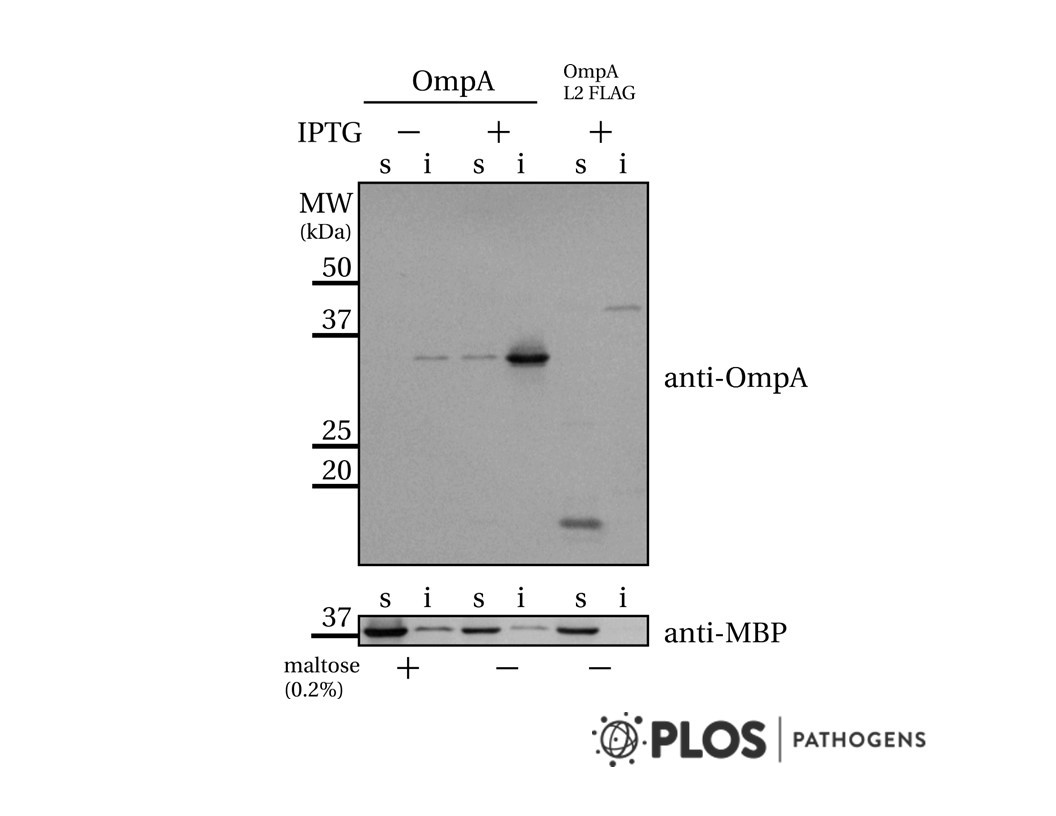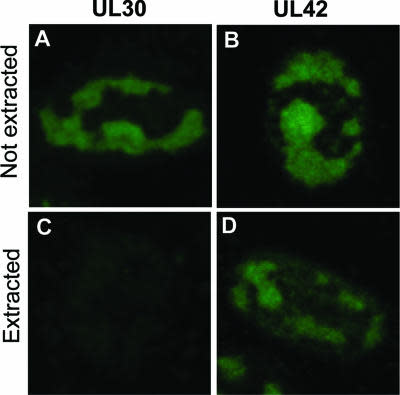
Cat. #151087
Anti-CR1 [E11]
Cat. #: 151087
Sub-type: Primary antibody
Unit size: 100 ug
Availability: 1-2 weeks
Target: Complement receptor 1 (CR1, CD35)
Class: Monoclonal
Application: IHC ; IP
Reactivity: Human
Host: Mouse
£300.00
This fee is applicable only for non-profit organisations. If you are a for-profit organisation or a researcher working on commercially-sponsored academic research, you will need to contact our licensing team for a commercial use license.
Contributor
Inventor: Nancy Hogg
Institute: Cancer Research UK, London Research Institute: Lincoln's Inn Fields
Tool Details
*FOR RESEARCH USE ONLY
- Name: Anti-CR1 [E11]
- Clone: E11
- Tool type ecom: Antibodies
- Tool sub type: Primary antibody
- Class: Monoclonal
- Conjugation: Unconjugated
- Molecular weight: 130 kDa
- Strain: Balb/c
- Reactivity: Human
- Host: Mouse
- Application: IHC ; IP
- Description: Monoclonal antibody which binds to a specific epitope in complement receptor 1 without effecting complement activity, with use in CR1 quantitation.
- Immunogen: Acute monocytic leukaemia cells and normal blood monocytes.
- Immunogen uniprot id: P17927
- Isotype: IgG1
- Myeloma used: P3/NS1/1-Ag4.1
Target Details
- Target: Complement receptor 1 (CR1, CD35)
- Molecular weight: 130 kDa
- Target background: CR1 is found on many leucocytes and binds C3b and C4b. E11 detects CR1 on most leukemic monoblasts, granulocytes and may be used to define B cell lymphomas. E11 binds to a 222kDa antigen. This antibody is specific for a binding site in CR1 which is distal from the C3b binding site. As such CR1 activity is not blocked. CR1 is a cell membrane-bound, monomeric glycoprotein and its primary function is to serve as the cellular receptor for C3b and C4b within the complement system. CR1 is present on neutrophils, eosinophils, monocytes, B-cells, some NK-cells, erythrocytes, myeloid leukaemia's, follicular dendritic reticulum cells and is negative on basophils. Anti-CR1 E11 is useful for identifying CR1 on various cells in tissue sections, and for quantitating CR1 on erythrocytes and neutrophils.
Applications
- Application: IHC ; IP
Handling
- Format: Liquid
- Concentration: 1 mg/ml
- Unit size: 100 ug
- Storage buffer: PBS with 0.02% azide
- Storage conditions: Store at -20° C frozen. Avoid repeated freeze / thaw cycles
- Shipping conditions: Shipping at 4° C
References
- Leucocyte Typing III. Edited by AJ McMichael et al. 1987
- Lorenzini et al. 2017. Cell Microbiol. 19(9):. PMID: 28346820.
- Fonseca et al. 2016. PLoS One. 11(2):e0149792. PMID: 26914463.
- Mahmoudi et al. 2015. Neurobiol Aging. 36(4):1766.e5-1766.e12. PMID: 25666996.
- Matthews et al. 2008. Dev Dyn. 237(1):124-31. PMID: 18095340.
- Transcription factor onecut3 regulates intrahepatic biliary development in zebrafish.
- Hogg et al. 1984. Eur J Immunol. 14(3):236-43. PMID: 6368248.
- Identification of an anti-monocyte monoclonal antibody that is specific for membrane complement receptor type one (CR1).




